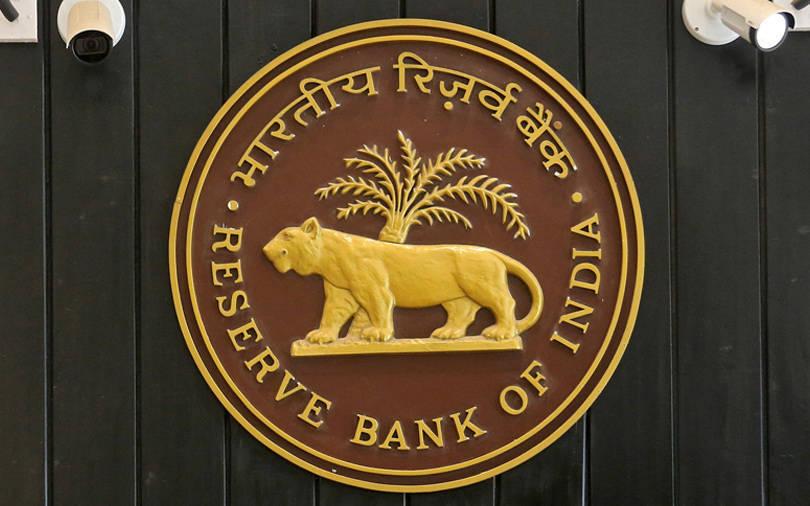India’s central bank on Thursday said the proportion of commercial lenders’ non-performing assets (NPAs) may fall slightly to 9% by March, after the introduction of measures including the creation of a bankruptcy code.
State-run banks account for the lion’s share of more than $150 billion in bad debt which is weighing on the sector, and need billions of dollars in new capital in the next two years to meet global Basel III capital regulations.
In 2017, India passed the Insolvency and Bankruptcy Law that helped in faster resolution of some non-performing assets in the Indian banking system, and the Reserve Bank of India carried out several asset quality reviews that helped in better accounting of stressed assets.
The RBI, which in the past two years has also penalised certain banks for underreporting their stressed portfolios and enforced stricter guidelines, said it was optimistic that the worst of the crunch was over.
“With the bulk of the legacy non-performing assets (NPAs) already recognised in the banking books, the non-performing asset (NPA) cycle seems to have turned around,” the Reserve Bank of India (RBI) said in a summary of its Financial Stability Report on Thursday night.
It added that it hoped the gross nonperforming asset (GNPA) ratio for scheduled commercial banks would fall from 9.3% in March of this year to 9% in March 2020.
The RBI is also concerned about liquidity issues facing some Indian non-banking finance companies (NBFCs) such as mortgage or auto lenders and wants to ensure the problems do not become a systemic issue, two sources told Reuters last month.
Dewan Housing Finance - an NBFC that is one of India’s largest home loan lenders - has stopped taking new deposits and has delayed some debt payments, citing cash flow problems.
“Recent developments in the Non-banking financial companies (NBFC) sector have brought the sector under greater market discipline as the better performing companies continued to raise funds while those with ALM and/or asset quality concerns were subjected to higher borrowing costs,” the RBI said in its report.






